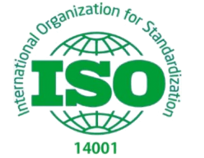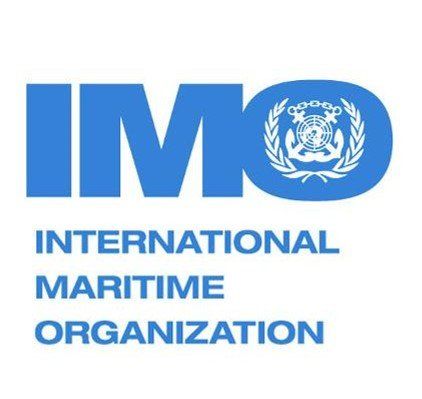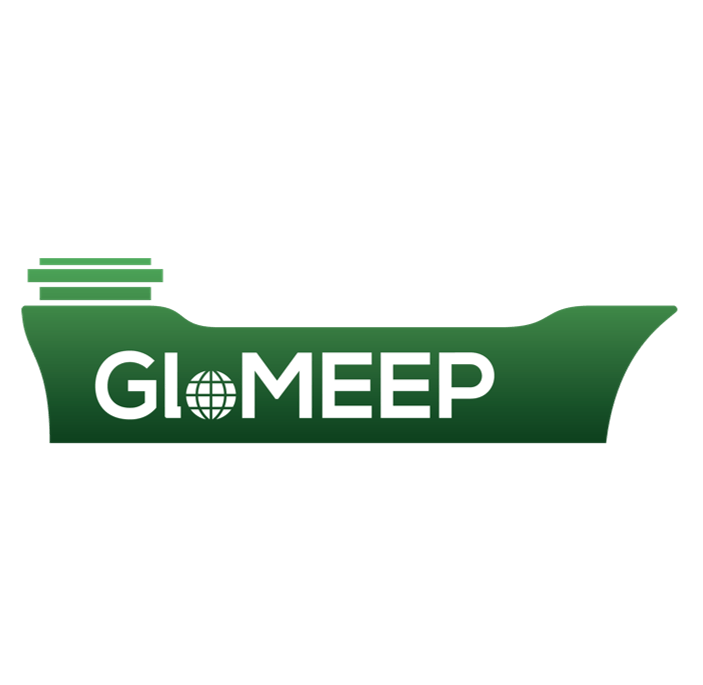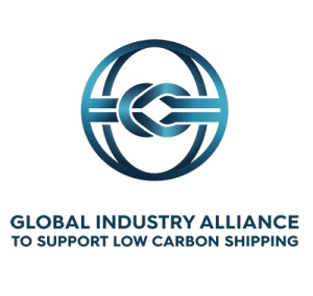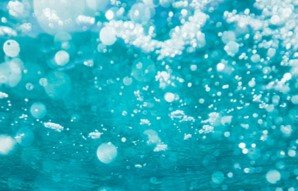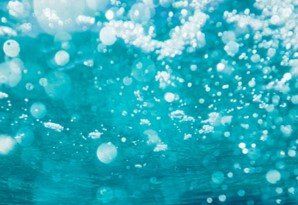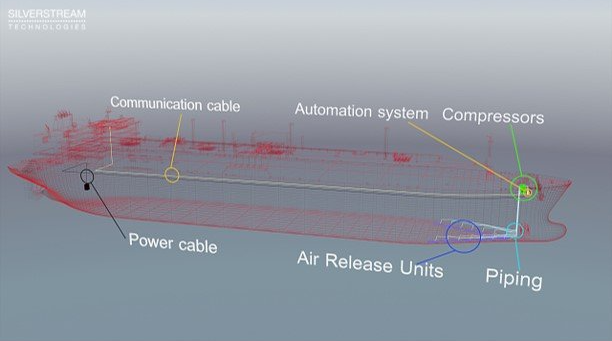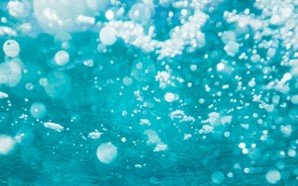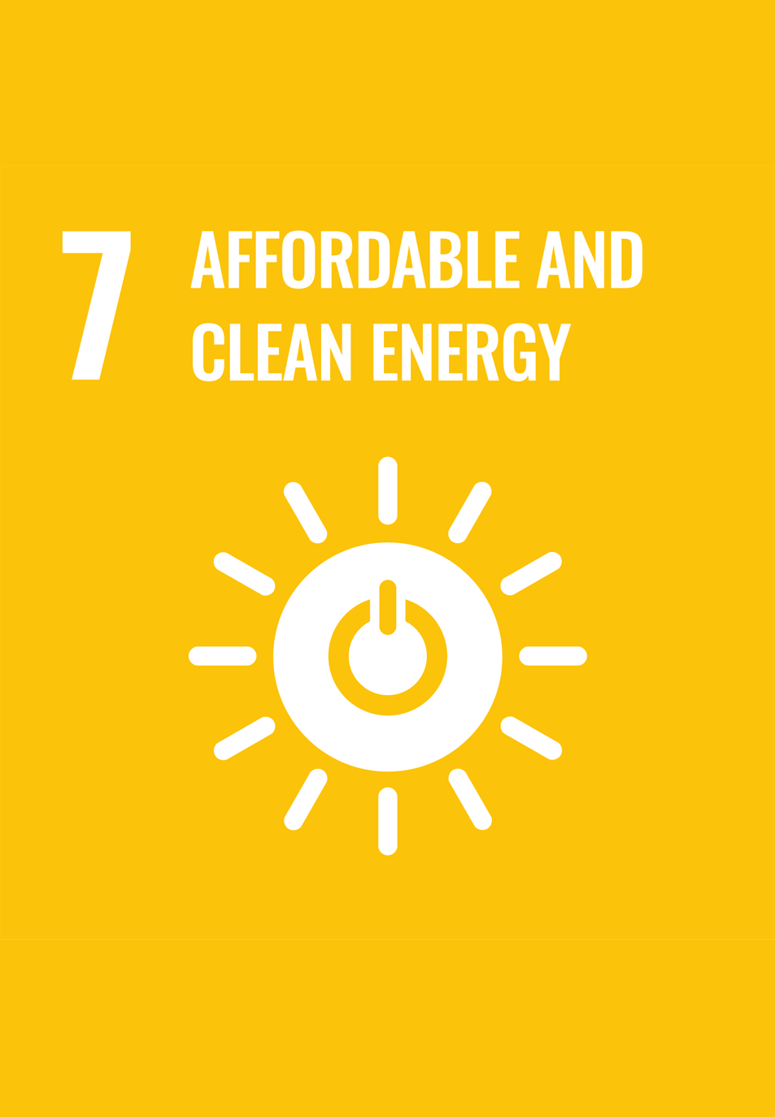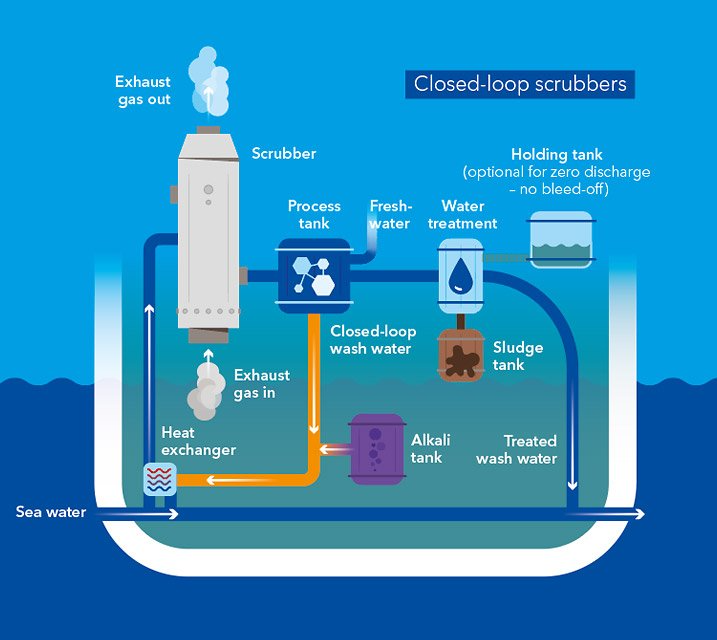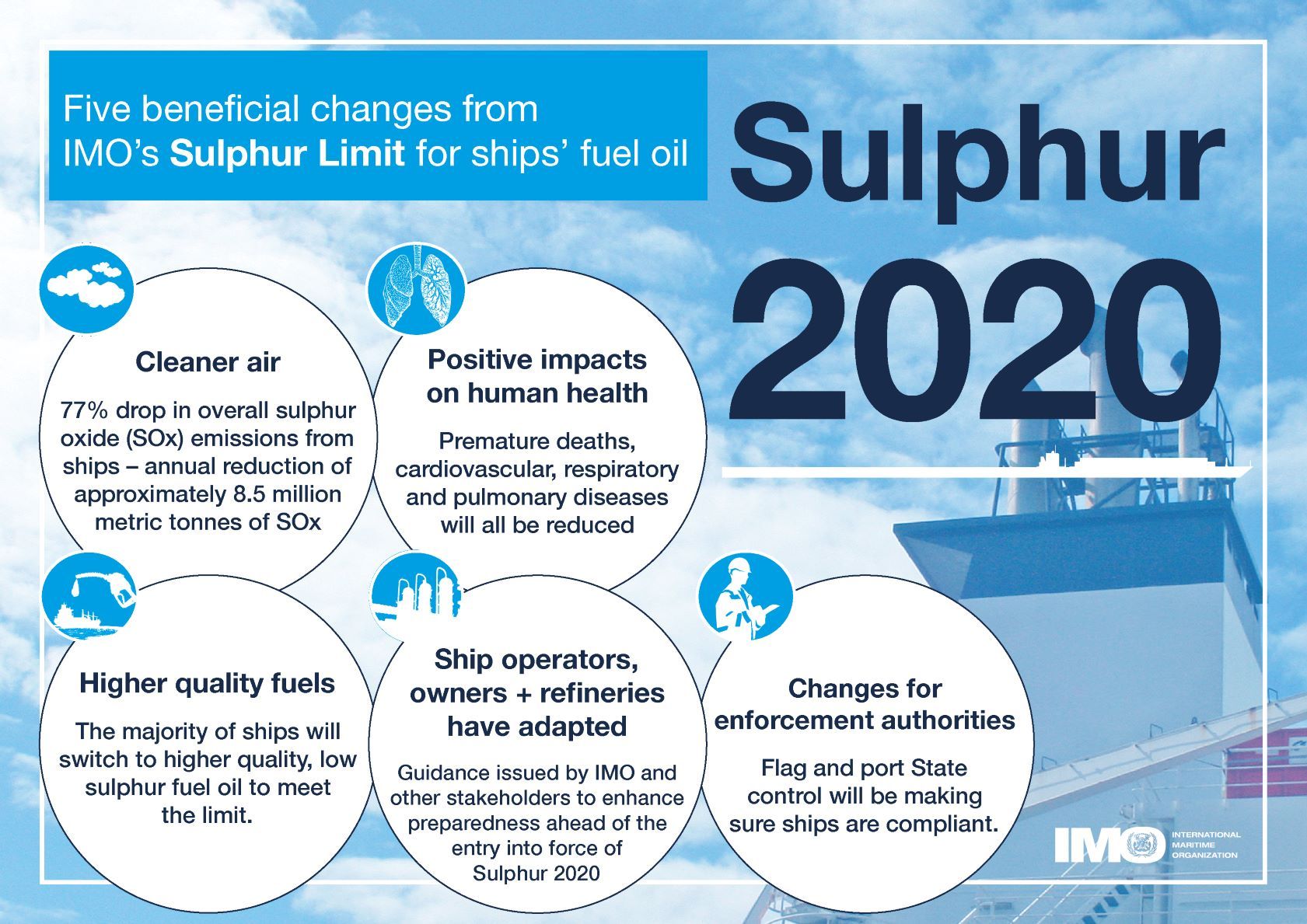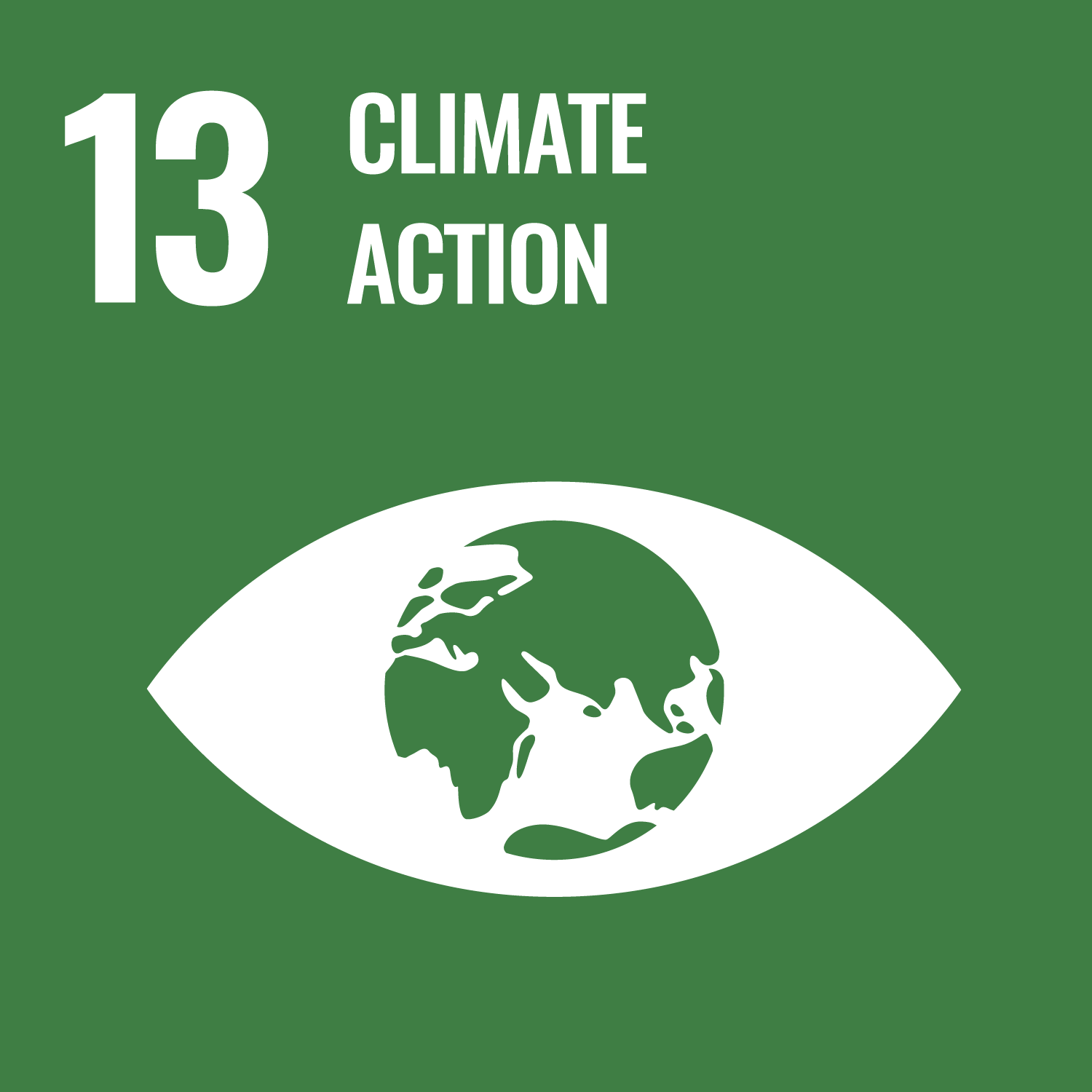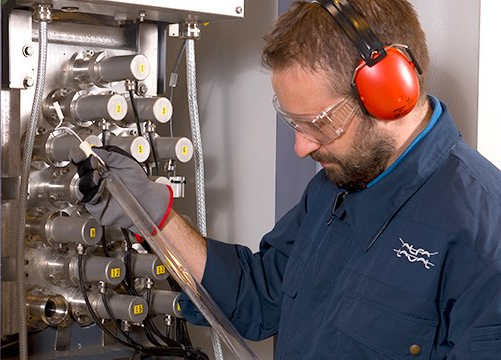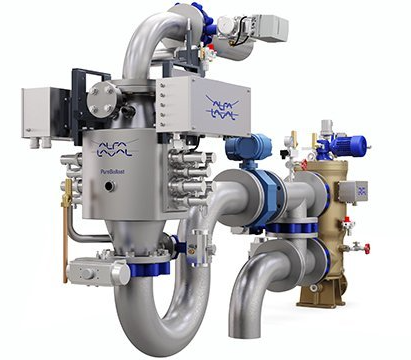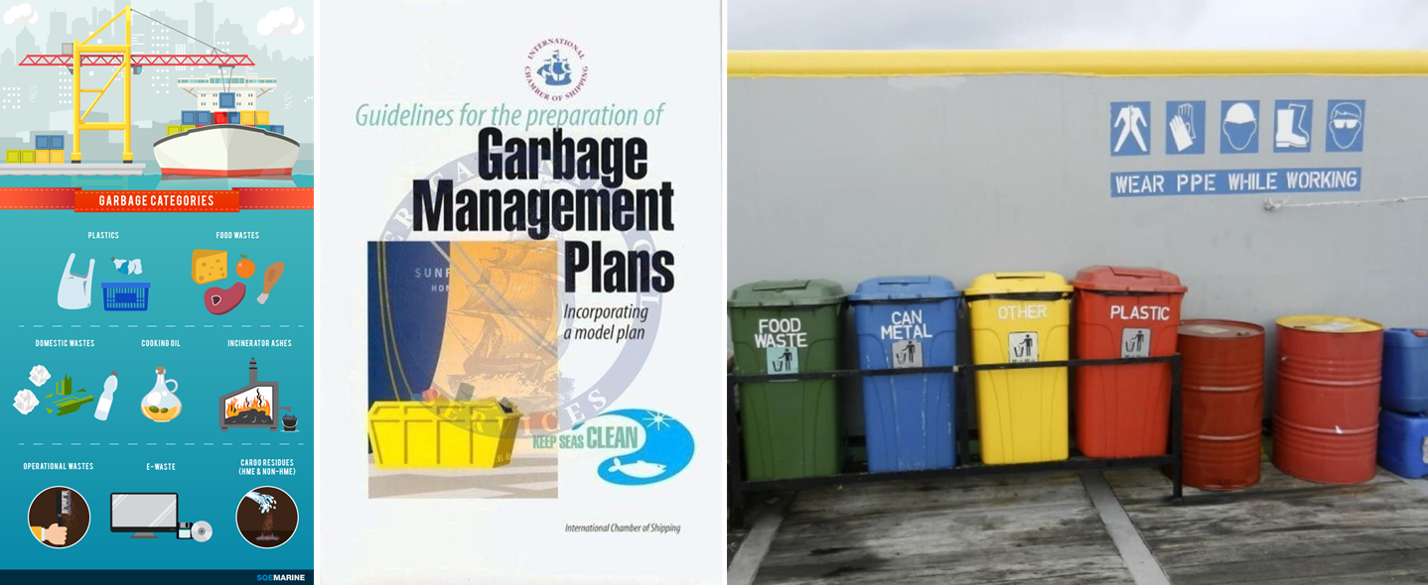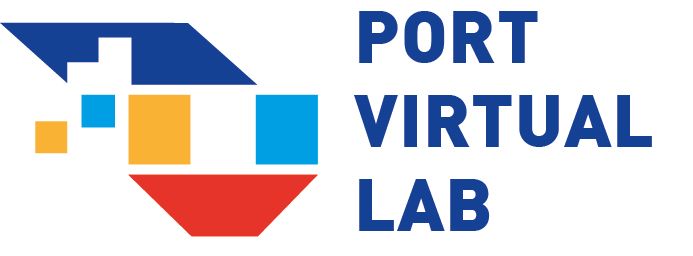ENVIRONMENT
Climate change and environmental degradation are an existential threat to Europe, the Mediterranean and the world. To overcome these challenges, we all need a new growth strategy that will transform the Mediterranean into a modern, resource-efficient and competitive economy, where there are no net emissions of greenhouse gases by 2050, economic growth is decoupled from resource use and no person and no place is left behind. The European Green Deal is our plan to make the EU's economy sustainable.
SDG Lines have obtained the quality certification ISO 9001 and the environmental certification ISO 14001.
The conformity with UNI EN ISO 9001:2015 regulations and the integration of the management system with the requirements of ISO 14001:2015, have further consolidated the systems adopted by SDG Lines with regards to Quality and Environment.
The Environment and Quality Policy is the main document of the integrated system and is disseminated and pursued by all personnel.
ISO 14000 Enviromental Management
ISO 14001 is an internationally agreed standard that sets out the requirements for an environmental management system. It helps organizations improve their environmental performance through more efficient use of resources and reduction of waste, gaining a competitive advantage and the trust of stakeholders.
IMO – the International Maritime Organization
IMO is the United Nations specialized agency with responsibility for the safety and security of shipping and the prevention of marine and atmospheric pollution by ships. IMO's work supports the UN SDGs.
GLOMEEP
GloMEEP is a GEF-UNDP-IMO project aimed at supporting the uptake and implementation of energy efficiency measures for shipping, thereby reducing greenhouse gas emissions from shipping.
Air lubrication technology
Air lubrication technology is installed on all the SDG Lines hybrid con-ro vessels to reduce fuel consumption and CO2 emissions.
The air lubrication technology, in operation since June 2017, produces a thin layer of micro-bubbles that creates a single ‘air carpet’ for the flat bottom of the vessel. This reduces the frictional resistance between the water and hull and improves the vessel’s operational efficiency, reducing fuel consumption and associated emissions.
This technology saves between six and 10% of fuel. Those fuel savings are really important for the industry – because it makes economical sense: we save money but it also means saving 8% emissions – CO2, SOx and NOx.
Zero emissions in berthing
Our vessels emit zero emissions in berthing following the installation of lithium batteries. Equipped with a hybrid electric power supply system that combines a 160kW solar generation system with lithium-ion batteries that can store some 2.2MWh of electricity. Conventional power generation systems use diesel-powered generators to supply onboard electricity while berthed. On our vessels, electricity is generated by the solar power generation system while the vessel is under way and stored in the lithium-ion batteries. The diesel-powered generator is completely shut down when the ship is in berth, and the batteries provide all the electricity it needs, resulting in zero emissions at the pier. The vessel's hybrid system represents a significant step forward to take a proactive stance in technological development with the aim of reducing the environmental burden of our vessels and operations.
Fuel-efficient rudder and propeller control
Wärtsilä EnergoProFin is a state-of-the-art energy saving solution that increases propeller efficiency and creates fuel savings of up to five percent. The solution is now available for controllable pitch propellers (CPP). Offering the solution for technologically more challenging CPPs was previously considered impossible in the industry, but is now made possible due to development work by the Wärtsilä hydrodynamics team.
The Wärtsilä EnergoProFin is a specially designed propeller cap with hydrofoil section fins on the downstream side of the propeller. It is an innovative energy saving device that can significantly reduce a vessel’s fuel consumption as well as its emission levels. Such technical innovations play a major role for ship operators who are tackling rising operating costs, as it offers an opportunity to enhance the efficiency of existing assets. By improving their energy efficiency, ship operators can increase their profitability in an environmentally sound way.
SDG Lines, which operates 10 international routes to and from Spain, France, Italy, Tunisia, Morocco, Algeria, Egypt, Lebanon and Malta is constantly investing in the energy optimisation of its fleet. The commitment of the company to rapidly adapt its product and service, attention to market signals and the continuous technological evolution of its fleet have allowed SDG Lines to renew and strengthen its business, consolidating domestic routes and increasing its presence in the international markets.
“The strength of our company is the extreme and constant attention to the energy efficiency of our fleet,” Antonio Vargas, Marine Operations Director of SDG Lines. “We wanted to reblade one unit of our fleet. After Wärtsilä further presented the EnergoProFin to us and once we analysed its performance and the resulting energy efficiency improvements, we decided to go ahead with the reblading and have the EnergoProFin solution installed in all our units.”
Scrubber - Exhaust Gas Cleaning Systems (EGCS)
Scrubbers or Exhaust Gas Cleaning Systems (EGCS) are used to remove particulate matter and harmful components, such as sulphur oxides (SOx) and nitrogen oxides (NOx) from the exhaust gasses generated as a result of combustion processes in marine engines, to implement pollution control.
These scrubbing systems have been developed and employed to treat exhaust from engines, auxiliary engines and boilers, onshore and onboard marine vessels, to ensure that no damage is done to human life and the environment by toxic chemicals.
Sulphur emissions to the atmosphere by sea-going vessels are limited by new and updated international regulations, which will come into effect starting 01 January 2020 under the Marpol Treaty.
The International Maritime Organization (IMO) regulations mandate that the sulphur content in fuels, which is carried by merchant vessels, has to be limited to 0.50% globally and 0.10 % m/m in ECAs (Emission Control Areas; The Baltic Sea Area, The North Sea area, The United States, Canada, and the United States Caribbean Sea area).
Before this, the maximum sulphur cap in fuels has been kept at 3.5% m/m. Compliance with the new regulations requires that vessels either use expensive fuel with low sulphur content or clean the exhaust gases by using exhaust scrubbing systems.
PureSOx is a reliable and flexible solution that can be configured in three different operating arrangements. Which one is right for you depends on where and how your vessel sails.
A hybrid arrangement is often the perfect compromise, as it provides both open-loop and closed-loop modes. Openloop operation reduces costs whenever possible, but a switch to closed-loop operation can be made whenever demanded.
The PureSOx scrubber itself is designed for robustness and reliability. In most cases the jet and absorber sections are physically independent, with the absorber forming the main bulk and the jet section a smaller additional unit.
This configuration provides optimum weight and stability, as well as forming a natural water trap that prevents water backflow to the engine without any additional equipment. The scrubber performs with high efficiency, achieving compliance regardless of roll, pitch, temperature or alkalinity.
The system is configured with multiple inlets. This allows one scrubber to clean exhaust gas from both main and auxiliary engines, as well as boiler exhaust gas. Multiple inlets greatly reduce the footprint and weight of the scrubber system overall, along with the cost of the equipment and installation.
Ballast Water Management
Amendments to Ballast Water Management Convention entered into force on 13 October 2019.
Since the Ballast Water Management Convention entered into force in September 2017, ships have been required to manage their ballast water to avoid the transfer of potentially invasive aquatic species. All ships must have a ship-specific ballast water management plan and keep a ballast water record book. Ships are also required to manage their ballast water to meet either the D-1 ballast water exchange standard or the D-2 performance standard. The amendments in force from 13 October 2019 formalise the implementation schedule for the transition from the D-1 to the D‑2 standard.
Amendments to an international treaty aimed at preventing the spread of potentially invasive species in ships' ballast water entered into force on 13 October 2019.
Ships regularly take on sea water, in tanks, to ensure their stability. Known as ballast water, this can contain many aquatic species, including in microscopic or larval form. These can become invasive and harmful if the ballast water is released, unmanaged, in a new location at the end of an ocean voyage.
The International Convention for the Control and Management of Ships' Ballast Water and Sediments, 2004 (the BWM Convention) was adopted by the International Maritime Organization (IMO), a specialized agency of the United Nations, to address this problem.
The BWM Convention entered into force in 2017. The amendments formalise an implementation schedule to ensure ships manage their ballast water to meet a specified standard ("D-2 standard" - see below) aimed at ensuring that viable organisms are not released into new sea areas, and make mandatory the Code for Approval of Ballast Water Management Systems, which sets out how ballast water management systems used to achieve the D-2 standard have to be assessed and approved.
This will help ensure that aquatic organisms and pathogens are removed or rendered harmless before the ballast water is released into a new location – and avoid the spread of invasive species as well as potentially harmful pathogens.
Alfa Laval PureBallast 3 is the third generation of the leading ballast water treatment technology – and the first solution to be revised G8 ready. Type approved by the U.S. Coast Guard as well as by IMO, it offers unmatched performance in the most challenging waters. Surrounding it are total solutions in ballast water treatment, built on Alfa Laval’s deep knowledge, extensive resources, strong partnerships and well-developed service offering.
Prevention of pollution by garbage from ships - MARPOL V
Throughout the years, we have taken voluntary steps o equip our ships with state-of-the-art solid waste management and recycling facilities on board. We
manage our waste streams in accordance with mandatory sound environmental principles and must comply with all regulatory MARPOL (International Convention for
the Prevention of Pollution from Ships) requirements to prevent marine pollution.
All organic waste, as well as recyclable disposable items including plastics, metals, paper and glass, are collected and separated by specially trained waste handling crew members. Waste is compacted, separated, or incinerated, and residual waste is carefully delivered to dedicated port facilities.
Training our crew, not only to handle waste, but to understand the importance of waste management, is central to what we do. Our crew members receive ongoing
training to ensure they remain abreast of the highest standards. SDG Lines has a Garbage Management Plan for the prevention of pollution by SDG Lines vessels.
The plan goes beyond MARPOL regulations and lays out procedures for the separation, compaction, and reduction of as much garbage as possible. It is a response to the ISO 14001 standard used by SDG Lines to manage environmental responsibilities in a clear and systematic way. Our ships are equipped with a comprehensive and coherent system to manage all waste aspects on board and ashore and every ship has a waste management plan that details how each type of waste is managed on board. Every ship in our fleet has an Environmental Officer in charge of the on-board garbage management, who ensures that the Environmental Plan is correctly executed. The officer has the duty to instruct and train the crew about garbage management rules on board. In 2020 SDG Lines made a commitment under its Plastic Reduction Programme to effectively phase out a large proportion of single-use plastic items from all ship operations. These items have been replaced by environmentally friendly solutions.

